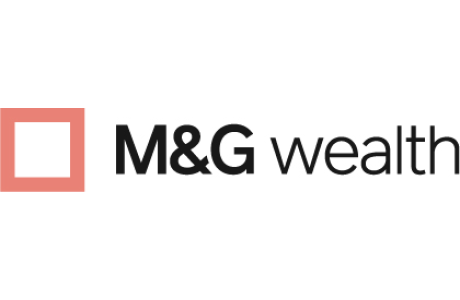
Q1 2024 Rebalance – we think the backdrop is good for stocks
We added to US and Japanese equities in the Passive, Hybrid and Global ESG Themes portfolios. We reduced European investment grade and US treasury bonds. The changes were reflected in a rebalance on 8 March 2024.
We think the environment is good for stocks and expect them to outperform bonds over the next six months. Economic growth in the US is humming along and company earnings for the final quarter of 2024 were better than expected. In the US and Japan, expectations for company profits in 2024 have become more optimistic. Interest rates are circa 2% above inflation; for example, in the US the Federal Reserve has set its interest rate at a range of 5.25% to 5.50% pa and the US consumer price index (CPI) rose by 3.1% in the previous year (January 2023 to January 2024). We don’t think there is a need to cut rates right now, however, investors will take comfort that if economic growth were to slow there is plenty of room to lower interest rates.
We aren’t negative on bonds but we think the environment is better for stocks. In the US, the economy isn’t slowing significantly, unemployment is low and wage growth was 5.72% pa in the most recent data report (January 2024). The yields on bonds have fallen since October 2023, and we think further falls are dependent on central banks like the US Federal Reserve reducing interest rates. That may happen later than expected, given the solid economic backdrop. We have reduced our allocation to bonds as a result.
Here is more detail on the key changes:
- More in US equities: The earnings of US companies are steadily rising, led by the technology sector. There is little room for disappointment, but we think the outperformance can continue in the near term.
- More in Japan: Of all major equity markets, expectations for company earnings are increasing at the fastest rate in Japan. This is important because markets are often driven by how much company earnings differ from expectations, rather than the amount of profits. Corporate reforms introduced over the last couple of years are resulting in more companies paying dividends and buying back shares. These two things increase the returns that shareholders receive. Lastly, valuations are not expensive. We continue to remain positive on Japanese equities and have added more exposure.
- Less in bonds: The yields on the bonds in the portfolios are attractive for shorter-term bonds and corporate bonds. (Yield is the amount of interest paid as a proportion of the bond’s price.) With robust company profits, we think the number of companies failing to pay interest on their borrowing will be low. We think the risks are greater for bonds with longer terms (10 years+). Yields could rise (which causes prices to fall) over the next 6 months if the economy continues to be solid and interest rates remain unchanged.
- Hybrid fund changes: We added the Comgest Growth Europe Fund to the Hybrid models. The fund’s approach focuses on companies that the manager believes will grow faster than the market expects. We continue to hold Lazard European Alpha fund, as well, which has more of a value focus. We sold the Matthews China Fund in the Hybrid models. Our emerging market and Asia equity funds also have exposure to Chinese equities. We don’t see a near-term catalyst for Chinese equities to perform better and we prefer other areas of emerging markets, such as Asia. Within fixed income, we added the Legal & General Active Sterling Corporate Bond Fund. This fund focuses on using macroeconomic research to inform its decisions, rather than simply considering the characteristics of individual companies.
We expect stocks to outperform bonds over the next six months given solid economic growth, wage growth and inflation. Our positive view on equities and the attractive yields on bonds means we think multi-asset portfolios will outperform cash rates this year
Past performance is not a reliable indicator of future performance. The value of an investment can go down as well as up and your client may get back less than they’ve paid in.


